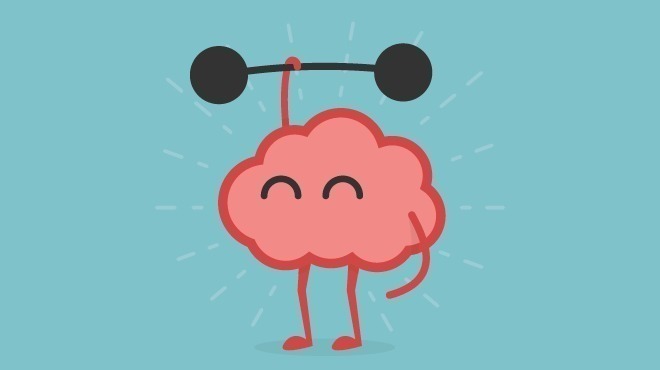Posts Tagged ‘APA’
A few slow-paced breaths are enough to significantly reduce physiological stress
Welcome to a new edition of SharpBrains’ e‑newsletter, sharing important brain & mental health news plus a couple fun brain teasers to test your mental self-rotation skills. #1. Study: Education and lifestyle helped over a million older Americans avoid serious cognitive problems in 2017 Let’s kickstart 2022 with some good news: “The prevalence of serious cognitive…
Read MoreAPA: With digital mental health going mainstream, will/ should psychologists be able to “prescribe” interventions?
Mental health, meet venture capital (APA): Until recently, mental health was a relative blip on the radar of venture capitalists. But over the past few years, and particularly since the onset of the COVID-19 pandemic, private investors have made a dramatic run for this space, pouring $3.1 billion into mental health ventures by the third…
Read More

